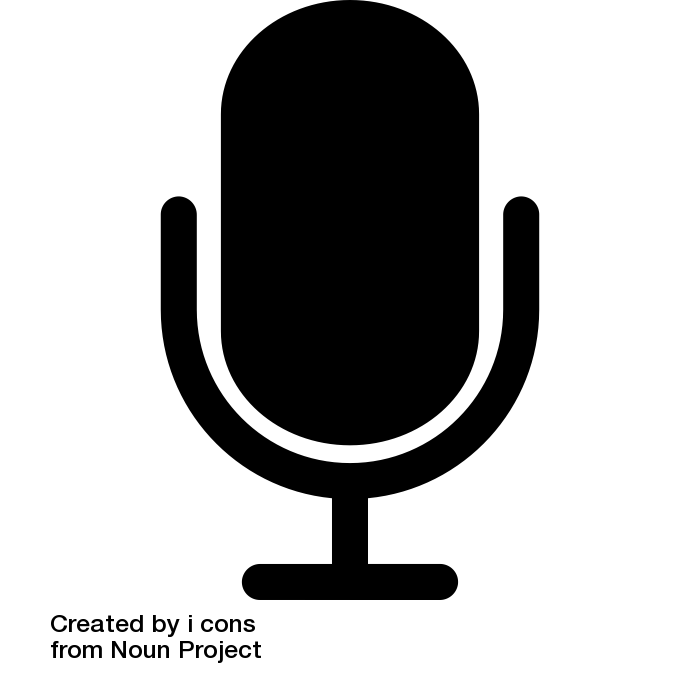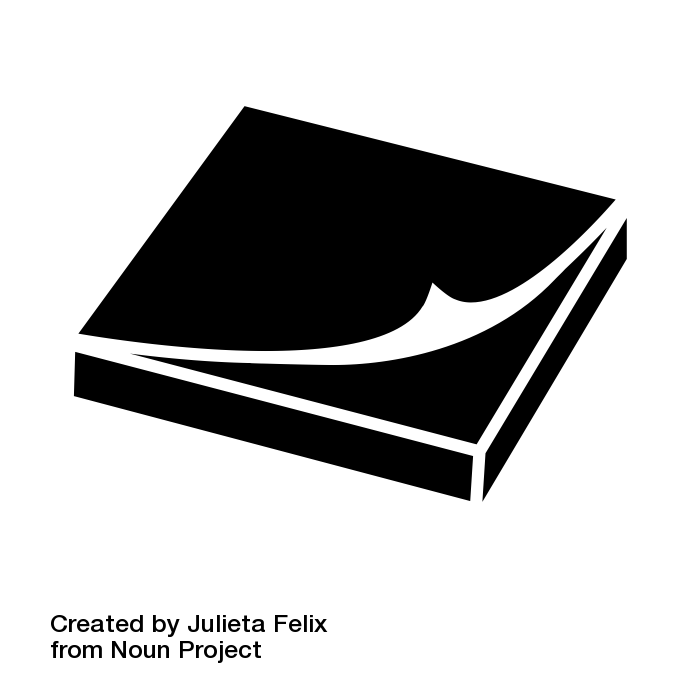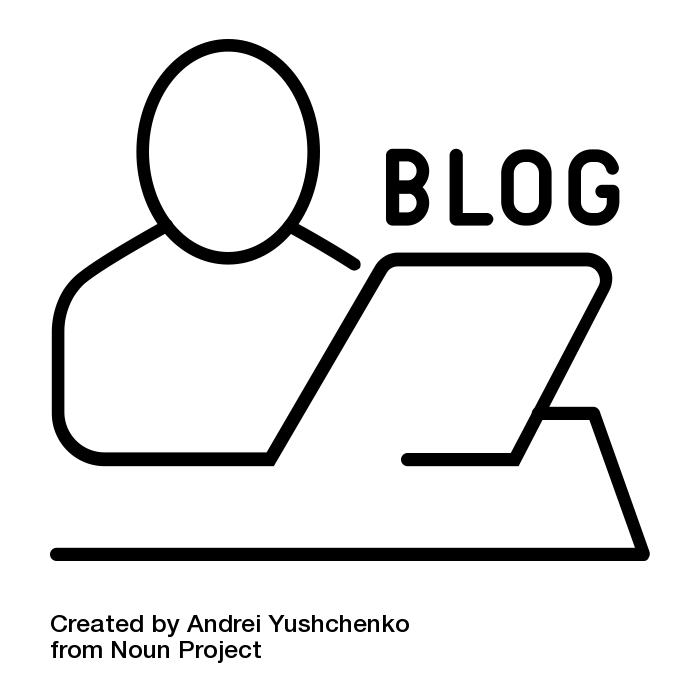I risk taking the wind out of this post’s sails by answering the question in the title immediately: my plan looks the same as it did before March 13th.
Thankfully, my research study framework remains unchanged because of my focus on self-directed teacher development online. Many friends at OISE have had to make big changes to research plans; some at the same stage as me are suddenly stonewalled because they cannot travel to another country to collect data for their research, or are unsure whether they will be allowed to return to Canada if they leave to do research in a country where they are a national. Some have created alternate scenarios to pivot to if they are allowed to collect data in person or vice versa.
My writing frustrates me since working from home. Writing in a coffee shop or at OISE used to fuel urgency to produce something before I returned home. As I enter the fourth week of preparing for my comprehensive exams, the difficulty of remaining focused on my edits, based on committee feedback, gnaws at me all day. A constant feeling of dissatisfaction, no matter what I’m doing, aggravates my pleasure in having breakfast outside, or planning a run in the mornings before it gets too hot. The literature review refuses to take shape the way I want it to; I’ve resorted to all sorts of what I call “circling around the writing process.”

In the last two weeks I have added over 60 references to Mendeley, half of which I had to do manually because the Chrome extension refused to recognise certain journals. I’m finessing the demonstration that I’ve done the work and that there is at least an implicit rationale for my study. The Boolean searches I saved from the Summons database from the library filled my writing time when I struggled with word composition. Total time for this: 2 hours for entering references; at least 7 days searching and perusing articles.
references by Raptors Collective from the Noun Project

One of my committee members sent an audio recording as feedback to accompany their written comments on my proposal. When I first received the email with the annotated proposal document, the dread of opening it was too much. I found listening to the MP3 file and taking notes from it less overwhelming than working through the comments. Whatever required additional figures or defining I dove into first. I’ve returned to it a few times in order to check on my progress. If you’ve never received audio feedback on your writing, I recommend it. I’ve done it with students’ work before and will continue doing so.
Headphones by Melvin Salas from the Noun Project

These past few months I have had a difficult time putting fingers on my keyboard to create sentences. I opened up the reference notes I had taken in Office 365 Word on one device and plugged my headset into my laptop and opened Google Docs and began speaking instead of writing. In one hour I “typed” over 500 words. I’ve taken these thoughts and copied and pasted them into my proposal. Because my notes had the authors noted next to each bullet point, it was easy to use my reference manager to add them in my proposal document.
Microphone by i cons from the Noun Project

I transcribed the comments from my committee and wrote them as questions to answer. Each question is on a separate sticky note. I’ve placed and rearranged them on my computer screen in lieu of writing to create a battle plan of a revised intro for my literature review. When I still can’t face the screen, I force my pen to scrawl parts of sentences on the sticky notes and then transfer those notes to a notepad, completing the ellipses.
Sticky Note by Julieta Felix from the Noun Project

This blog post reads like procrastination, sure, but writing about not writing helps me focus on what I’ve tackled and what is still left to do. With all the voice to text typing I did last week, most of the work left is not onerous but just finessing what is there.
Blog by Andrei Yushchenko from the Noun Project

Some things that help with the writing process involve no writing at all. My fellow graduate friends have received texts or phone calls from me in the last few weeks. Seeking out their support or listening to them describe progress put a fresh spin to my work.
Telephone by Viktor Vorobyev from the Noun Project
None of these tasks may seem like writing, but they have kept me intimate with my proposal and in the game. The likelihood of my wanting to do a little bit of writing are higher when I’m actually working within the now 150 page proposal document. And if I choose not to write anything because it’s overwhelming, then at least my references are done, or I know I’ve addressed the feedback, or I have added some definitions or figures to make things clearer to my readers.
Let’s hope I get it all done.
Anna, I can relate so well! I see we both find that writing things down clearly enough to be understood by a reader unfamiliar with the situation clarifies things for she who writes.
The bit about recording sounds like such a useful way to move forward – I will share it with university students I know also suffering from the effects of being at home too much.
Perhaps when you are home you can create a “ceremony” which signifies that now you aren’t “at home” but are in work mode at an academic library’s “small study room”. Perhaps always sit at home to work in a certain place, make the same kind of tea, put on good headphones are always start with a specific song that signals the beginning of “work mode”. Something along those lines.
Hang in there – you have come too far to stop now!
Good luck!
Naomi
LikeLike
Naomi, I like the idea of beginning with a particular song to demarcate work time. I do have an office space that is getting a little messy – time to clean it up and show myself some respect 😉 I’ve also made it a habit of bringing down a tray with a hot drink, cold drink, and a snack when I work. All things that make me think I’m “at work”. Thank you for your support.
LikeLike
[…] How do research plans change in a COVID context? #MyResearch […]
LikeLike